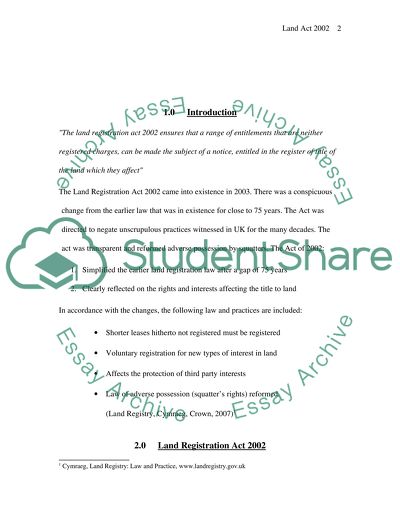Cite this document
(“Land Register Act Essay Example | Topics and Well Written Essays - 1000 words”, n.d.)
Land Register Act Essay Example | Topics and Well Written Essays - 1000 words. Retrieved from https://studentshare.org/law/1515854-land-register-act
Land Register Act Essay Example | Topics and Well Written Essays - 1000 words. Retrieved from https://studentshare.org/law/1515854-land-register-act
(Land Register Act Essay Example | Topics and Well Written Essays - 1000 Words)
Land Register Act Essay Example | Topics and Well Written Essays - 1000 Words. https://studentshare.org/law/1515854-land-register-act.
Land Register Act Essay Example | Topics and Well Written Essays - 1000 Words. https://studentshare.org/law/1515854-land-register-act.
“Land Register Act Essay Example | Topics and Well Written Essays - 1000 Words”, n.d. https://studentshare.org/law/1515854-land-register-act.


